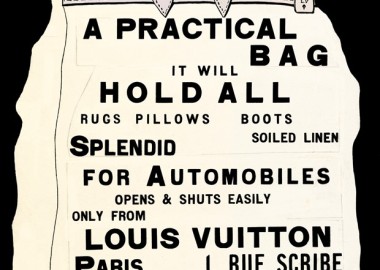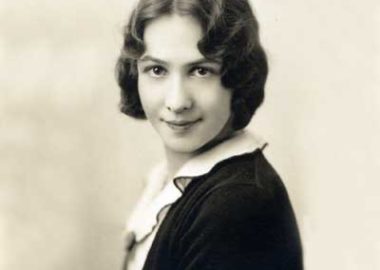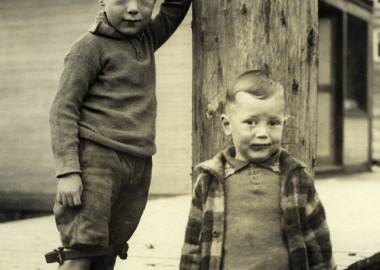
The outpouring of grief over today’s news of David Bowie’s death has been so moving. Raw, awkward, heartfelt, slick — the response on social media has been fitting indeed for the chameleon king born David Robert Haywood Jones 69 years ago.
I’ve always adored Bowie and his music both (could one exist without the other?), ever since the strangled teen rebellions of his first album, The Rise and Fall of Ziggy Stardust and the Spiders From Mars. From the outset David Bowie in all his personas was larger than life: grandiose, unfettered, calculating, self-aware. That’s always been — to me — his most admirable talent (along with perfect voice and perfect hair). He was always so aware of himself, so aware of his panache and their impact on others. The perfect 20th-century artist who made the jump to the Youtube Generation.
Note perfect in presentation, note perfect in his music — he was especially inspiring for his courage, his willingness to go all in on reinvention, from Labyrinth (the ’80s Goblin King with the Lamahl hair) to “Lazarus,” the song that is his parting gift to the world. In between there were missteps and songs and characters that didn’t resonate for me — as there should be in an artistic arc that played on the risky side of the street. Speaking of streets, for every lamentable Mick Jagger duet, there were brilliantly self-deprecating moments like Bowie’s appearance (“Pathetic Little Fat Man”) with Ricky Gervais and with live performances like his A&E Live by Request.
And now his final record, released as he lay dying. That song — you know the one, the one that everyone is discussing and peering at and studying, as Bowie would so have wanted — haunts me as it haunts the whole world.
The self-awareness of the artist hovering above his deathbed, head wrapped in gauze, button eyes sewn on, death crouched below, awaiting its turn — what a powerful goodbye.
The next time, in the course of my working life, I’m talking to a potential client about the power of memoir, which is a thing we make here, I’m going to make reference to David Bowie’s Lazarus moment, and ask the real, important questions that we are often too polite to pose. Like, When the time of your death comes, what do you want it to say? And wouldn’t you like the chance now to help say something truly memorable?





